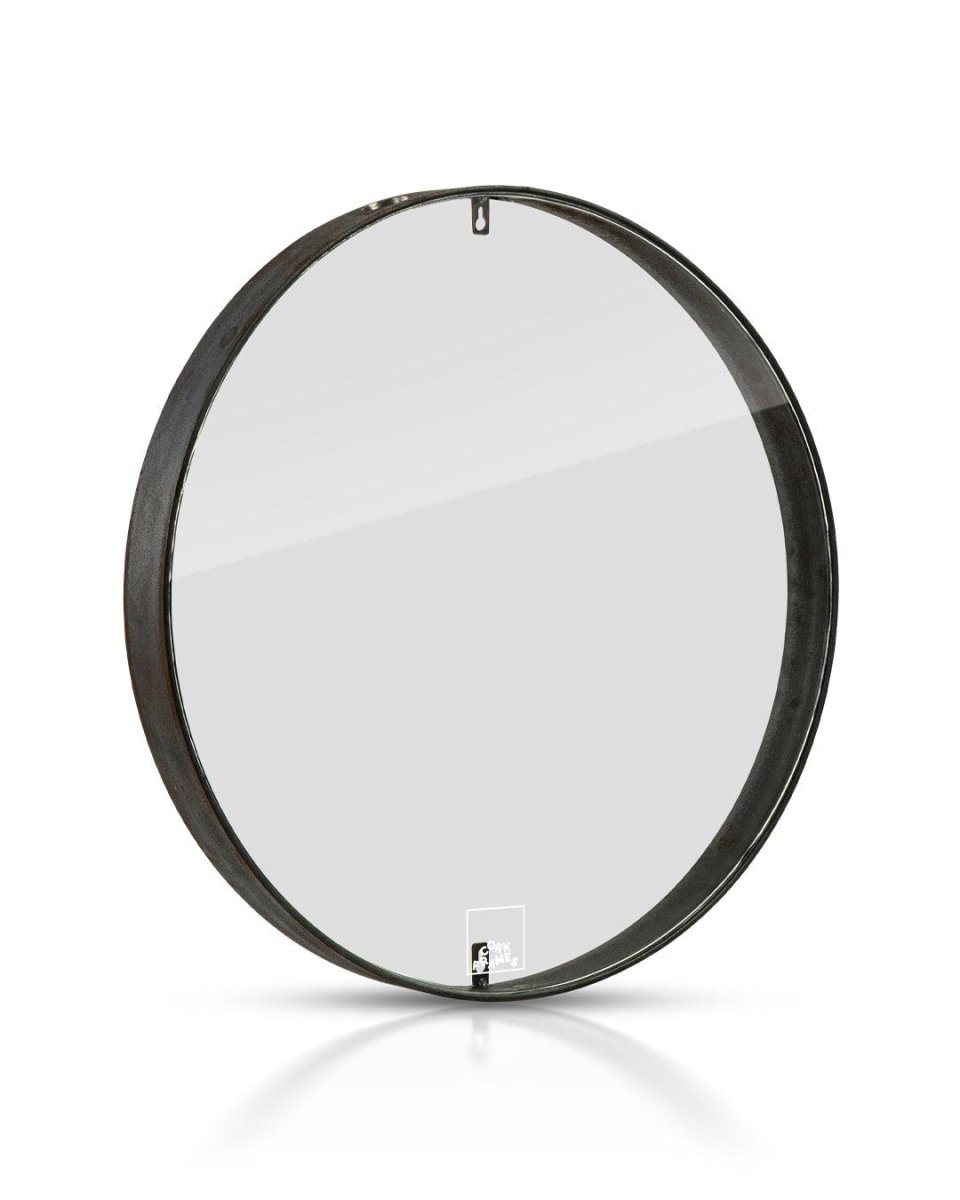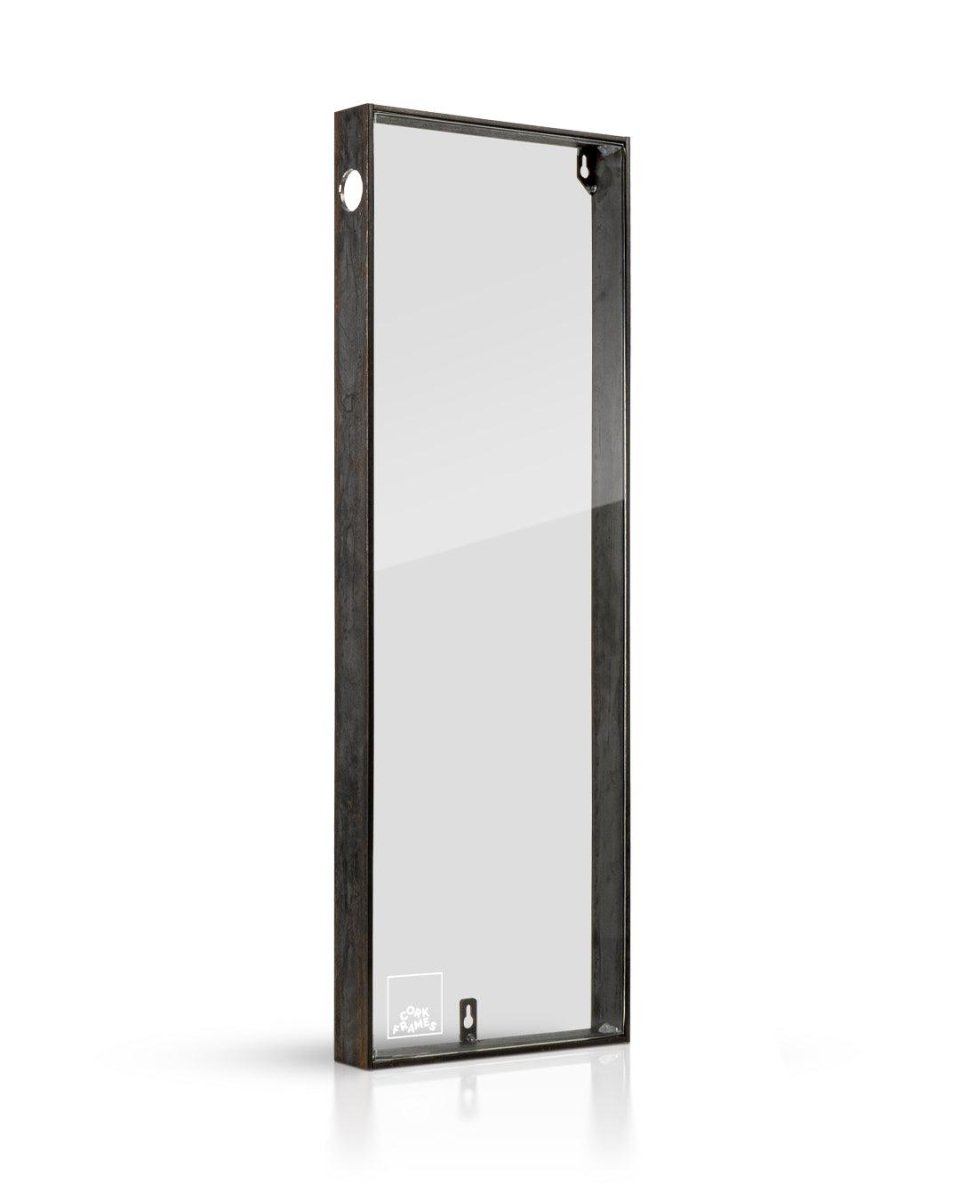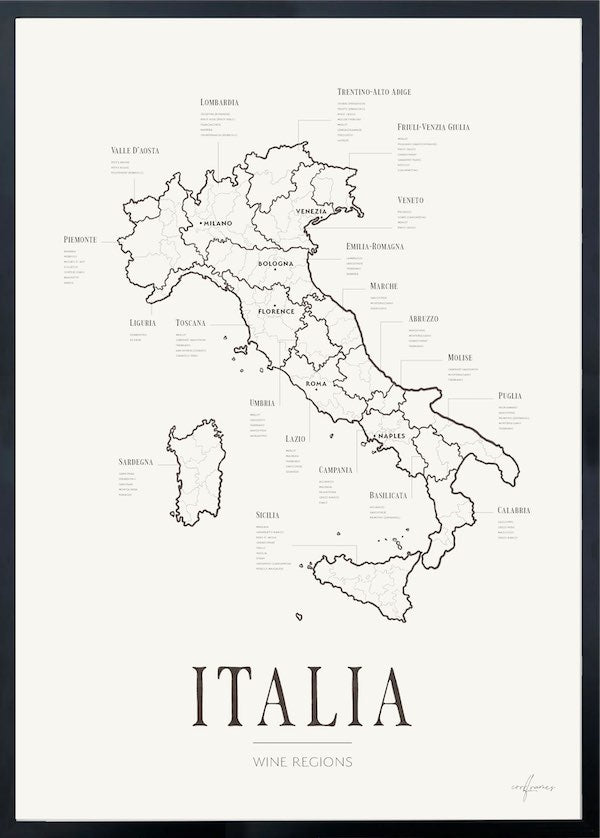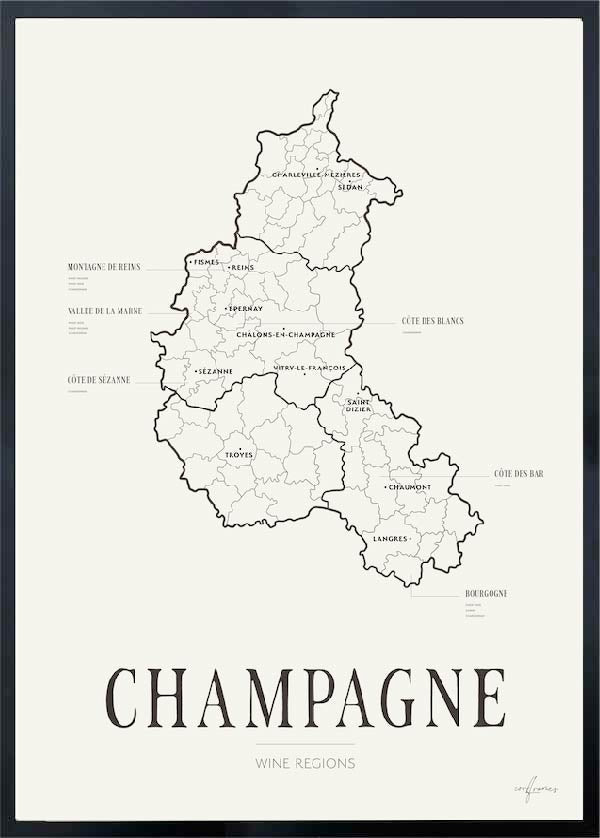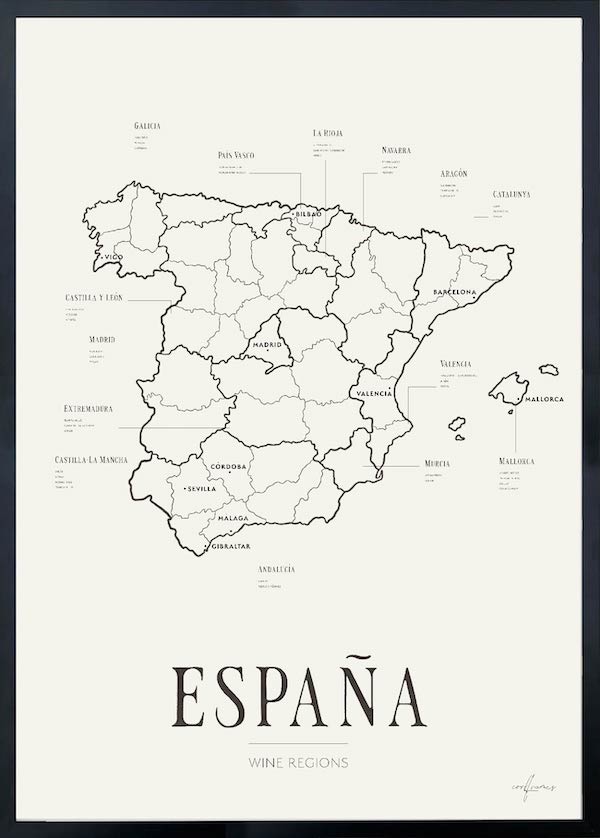Why is Midsommarstång called Maypole in english, and is it the same thing?The term "maypole" in English for the "midsommarstång" in Swedish can be traced back to historical and linguistic reasons.
Although the midsommarstång is used in Sweden during Midsummer celebrations in late June, the concept of a decorated pole as a centerpiece for communal festivities is not unique to Sweden and has deep roots in various European traditions.
-
Historical Tradition: The maypole is associated with May Day (May 1st) celebrations in many parts of Europe, particularly in Germany and England. These celebrations marked the beginning of spring and involved dancing around a decorated pole, symbolizing fertility and the renewal of life. The term "maypole" specifically comes from this tradition.
-
Cultural Exchange: As cultures interacted and exchanged traditions, the idea of a festively decorated pole was carried across different regions. When the Swedish midsommarstång was introduced to English-speaking audiences, it was natural to refer to it by the familiar term "maypole," even though it is used during a different time of the year and celebration.
-
Language Simplification: Using the term "maypole" in English simplifies the explanation and draws a parallel with a similar, though seasonally different, tradition. It helps English speakers to understand the concept without needing to learn a new term.
Therefore, while the Swedish midsommarstång and the traditional maypole from May Day are used during different times and have distinct cultural significances, they share enough similarities in their form and function that the term "maypole" is used in English to describe both.








